From the Galapagos, I flew to Lima, the capital of Peru, via Guayaquil, skipping a return to Quito as initially planned. This saved me a day, which I decided to leave unplanned—a choice that later proved very useful.

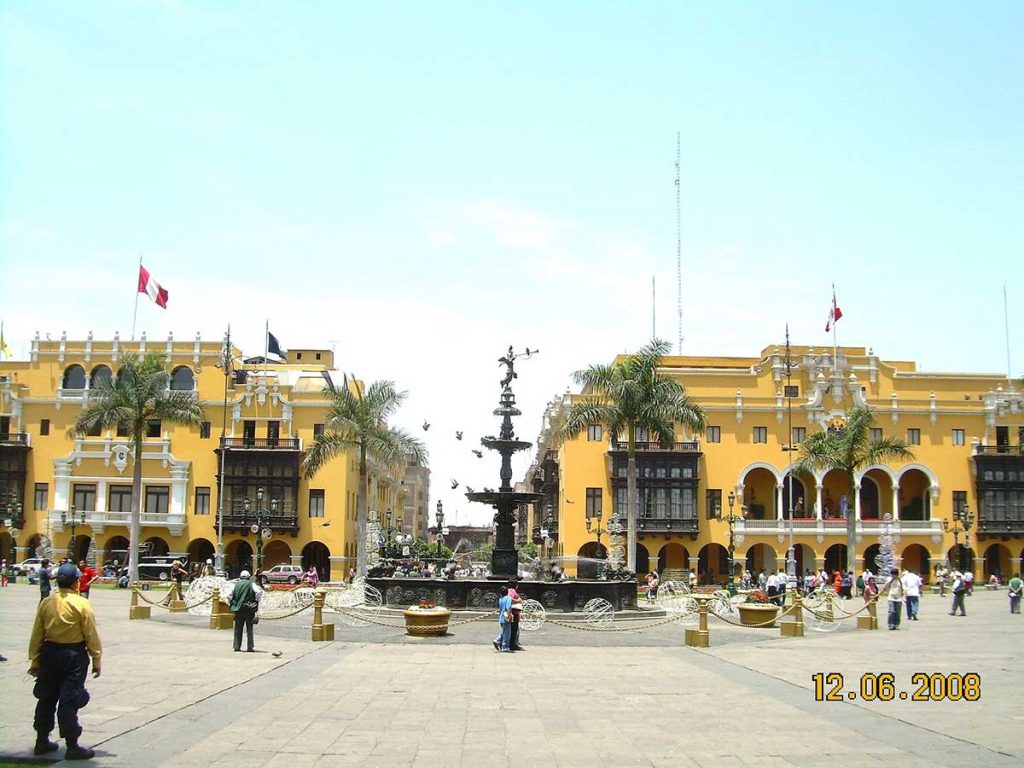

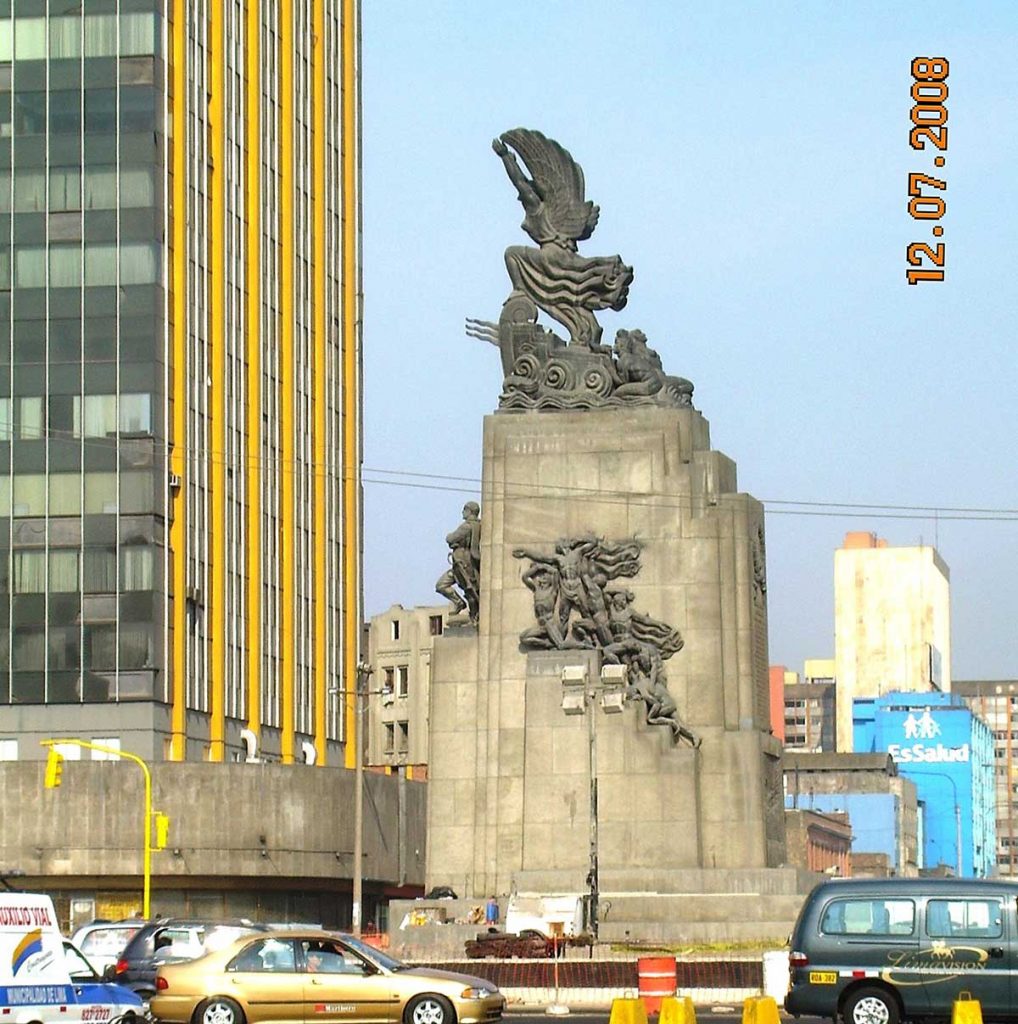



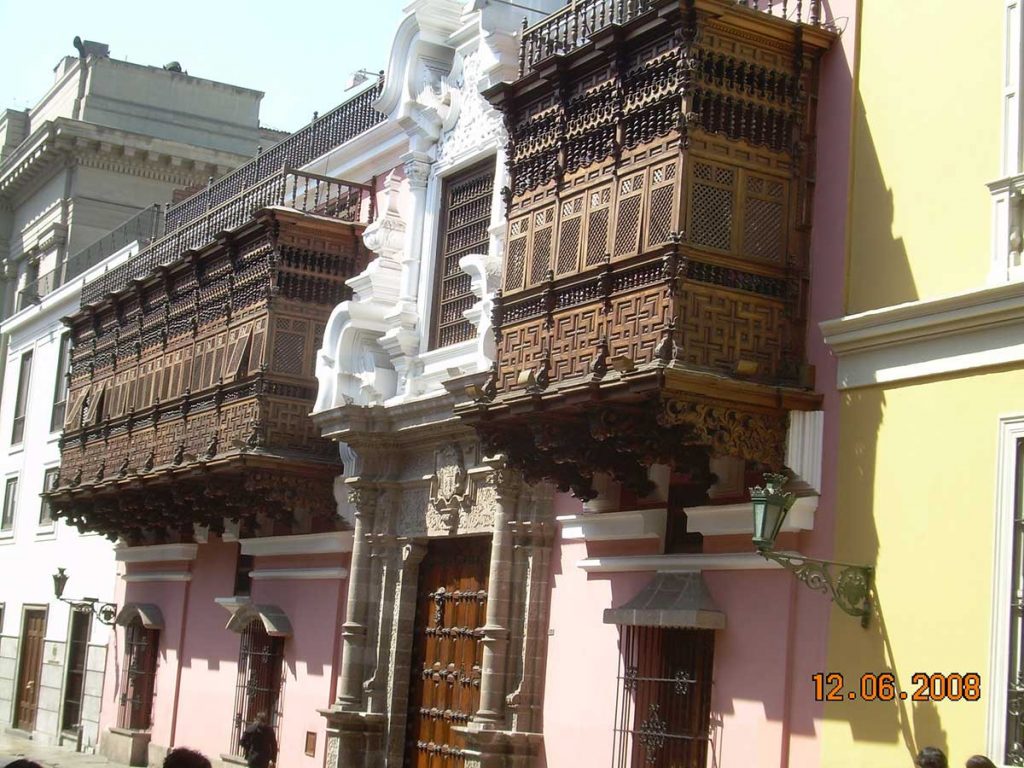
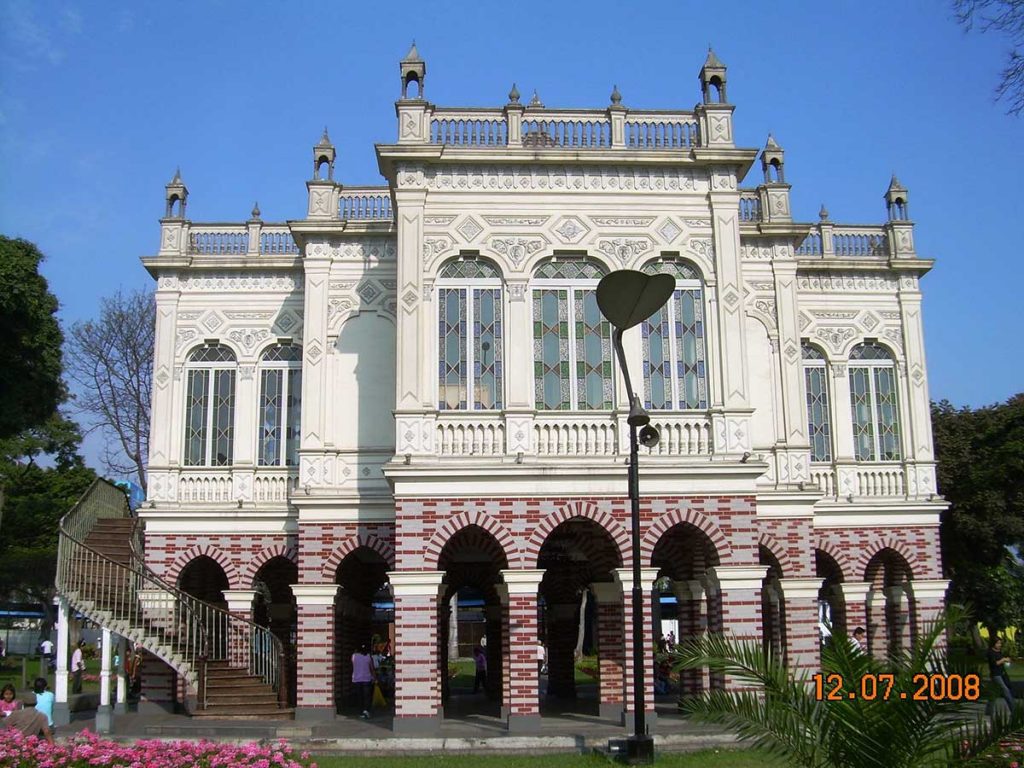
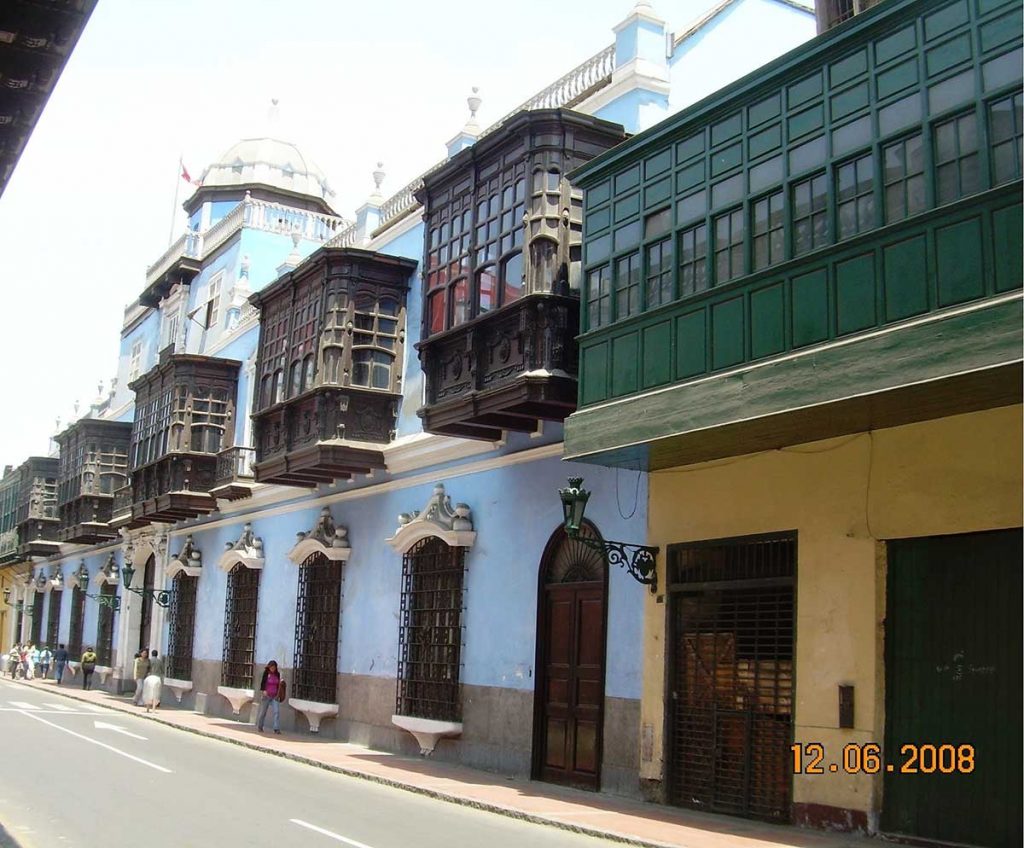
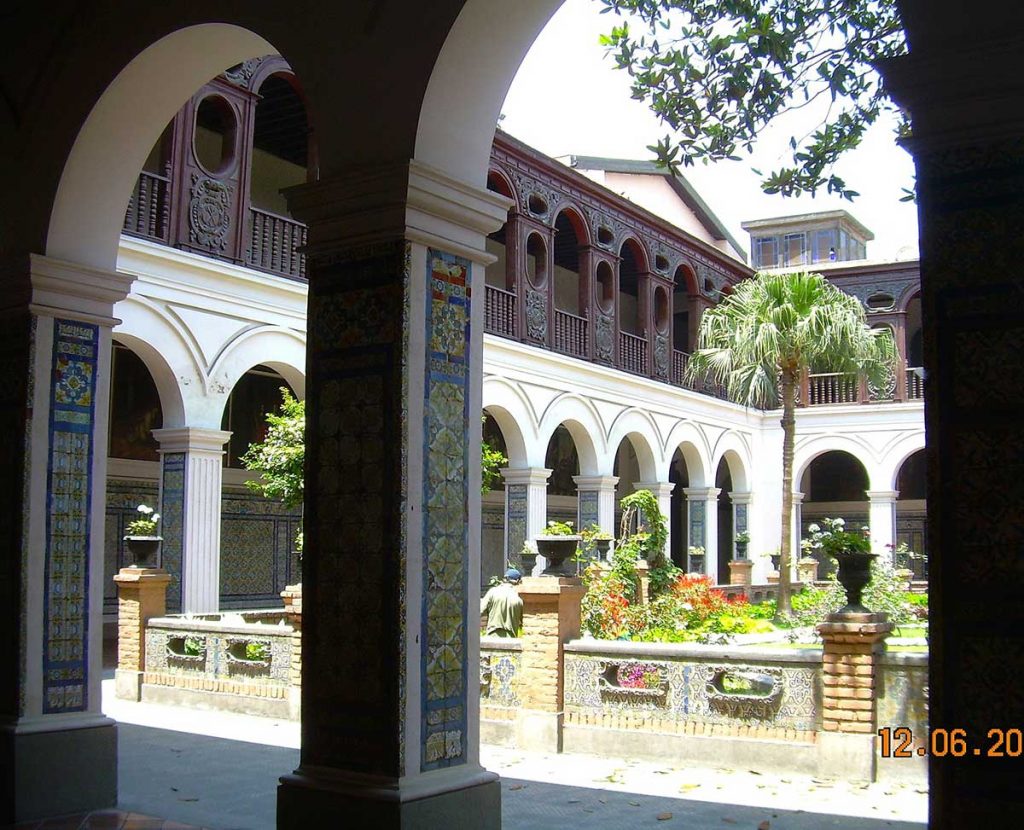

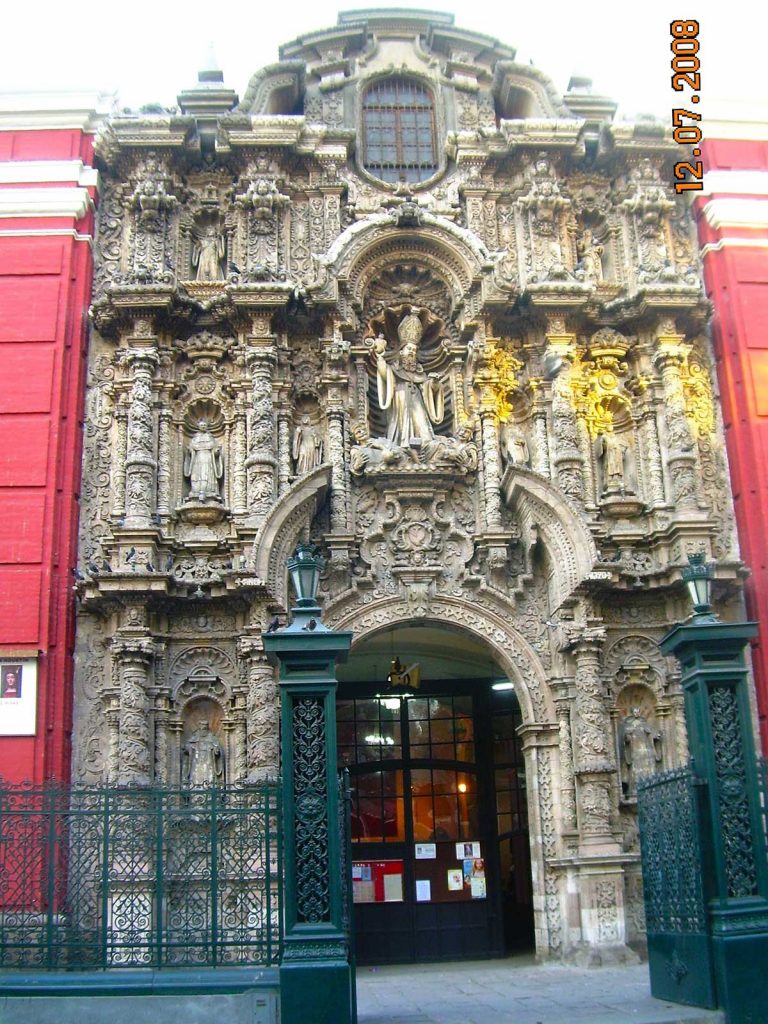
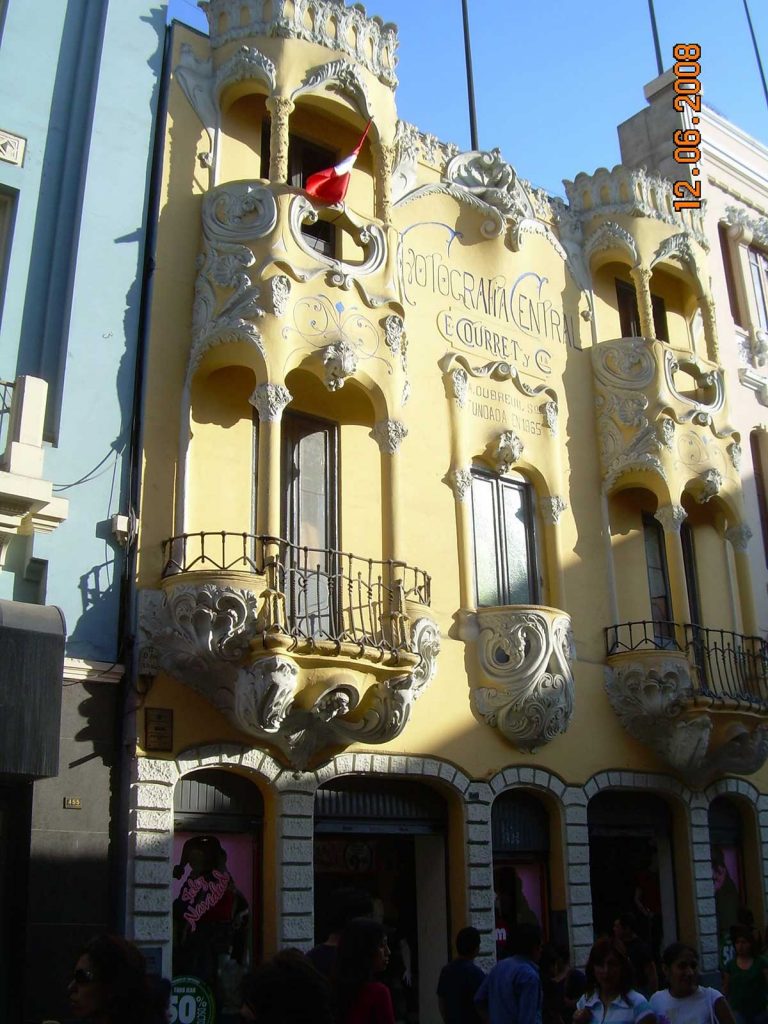

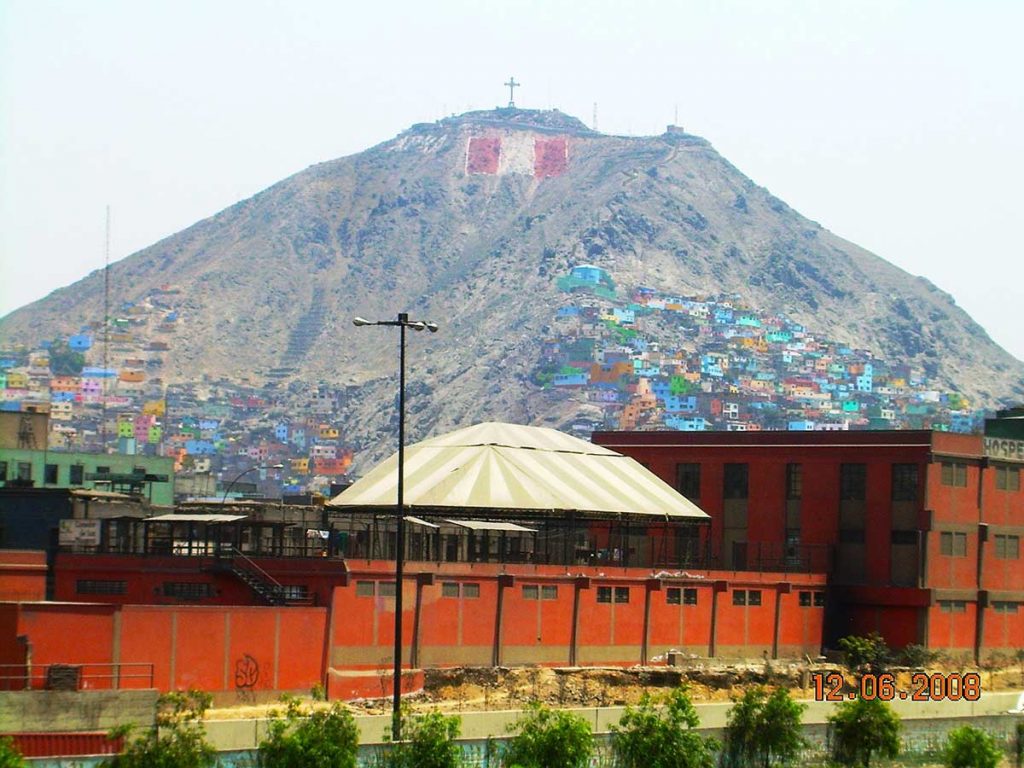
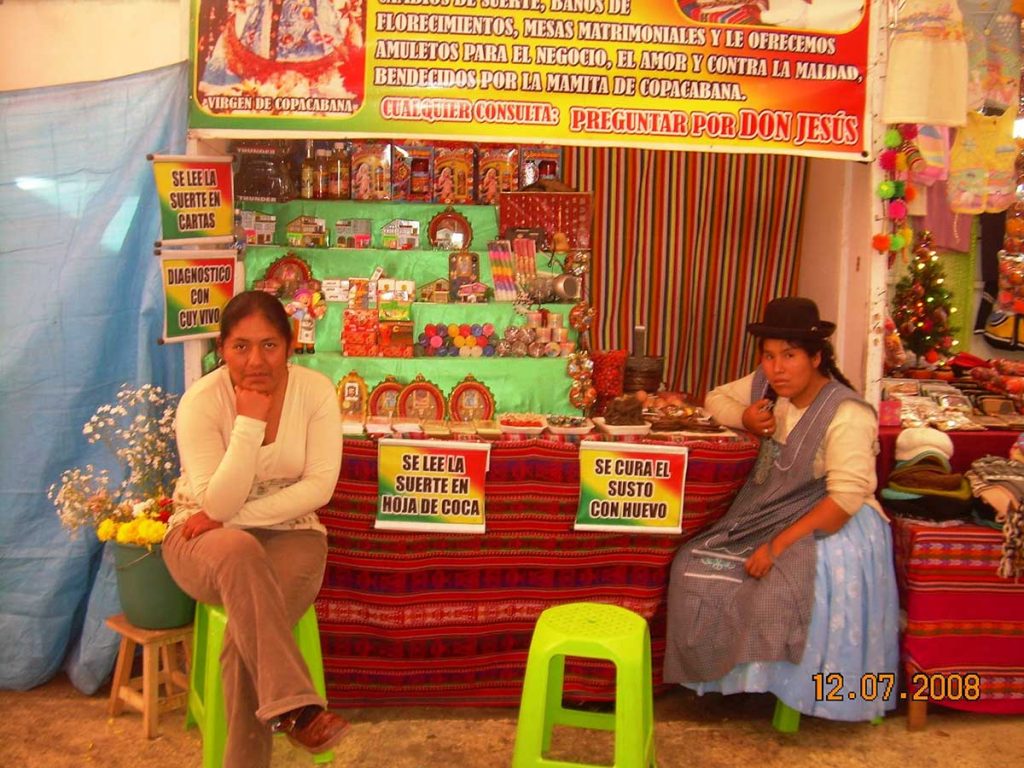
In Lima, I spent two days. I dedicated the first day entirely to exploring the city center. The historic center of Lima, spanning the area between Plaza de Armas and Plaza San Martin, is listed as a UNESCO World Heritage Site. One day is hardly enough to see everything Lima has to offer: Plaza Mayor with its cathedral, the pedestrian street Jirón de la Unión, the luxurious seaside district of Miraflores, palaces, museums, and churches. Unfortunately, I didn’t have more days to spare.

On the second day, I visited the archaeological site of Pachacamac, located 40 km from Lima. This vast center was dedicated to Pachacamac, the deity worshipped by the local people before the Incas, who later incorporated him into their pantheon. Despite the fact that only remnants of the grand buildings and pyramids remain, the site is still impressive.

On my way there, I had an amusing incident. Of the two buses heading to the site, I chose the one that seemed more convenient. The bus traveled leisurely, stopping in many villages, where piles of stones and sand were stacked near almost every house (perhaps for future renovations?). Upon disembarking at the stop indicated by the driver, I saw nothing resembling an archaeological site. Fortunately, some police officers arrived just in time to inform me that the site was at the other end of the large village and kindly offered to give me a ride. For the return trip, I took a different bus via the highway, which brought me back to Lima in no time.
On my way back to the hotel, I came across a colorful market in a covered pavilion, where local agricultural products were sold, massages offered, and popular local dishes served. I enjoyed a glass of freshly squeezed sugarcane juice, incredibly sweet but very tasty, and a large cob of boiled white corn, considering it my lunch. I then returned to the hotel, stopping by a supermarket to pick up a pineapple for dinner.
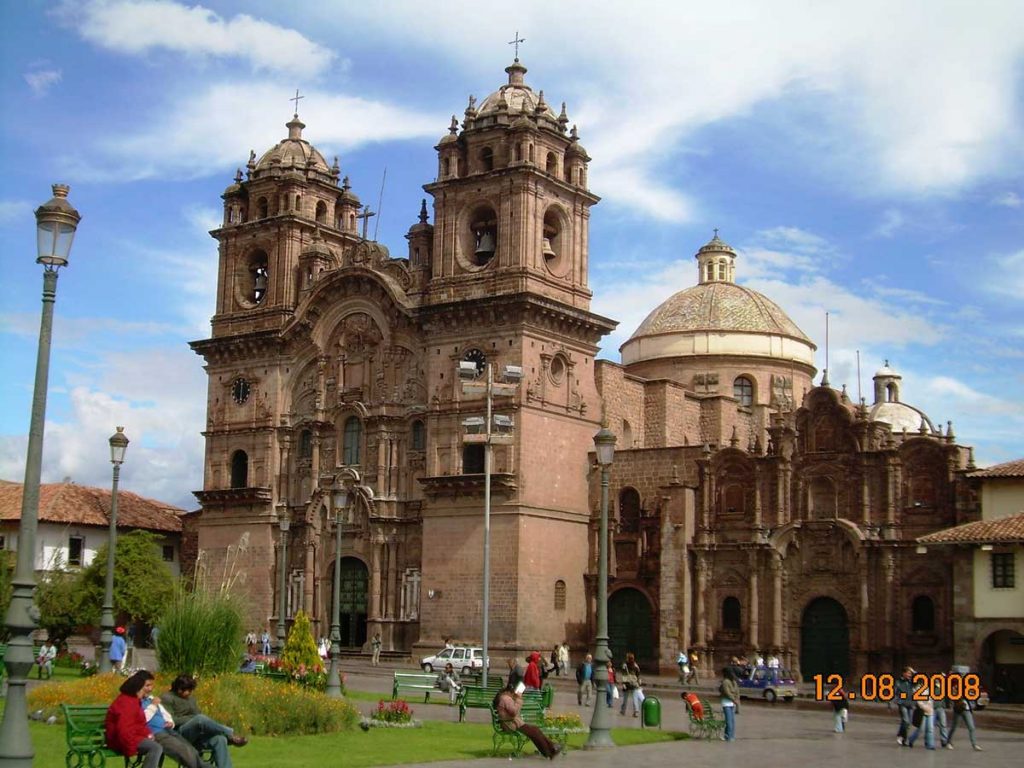
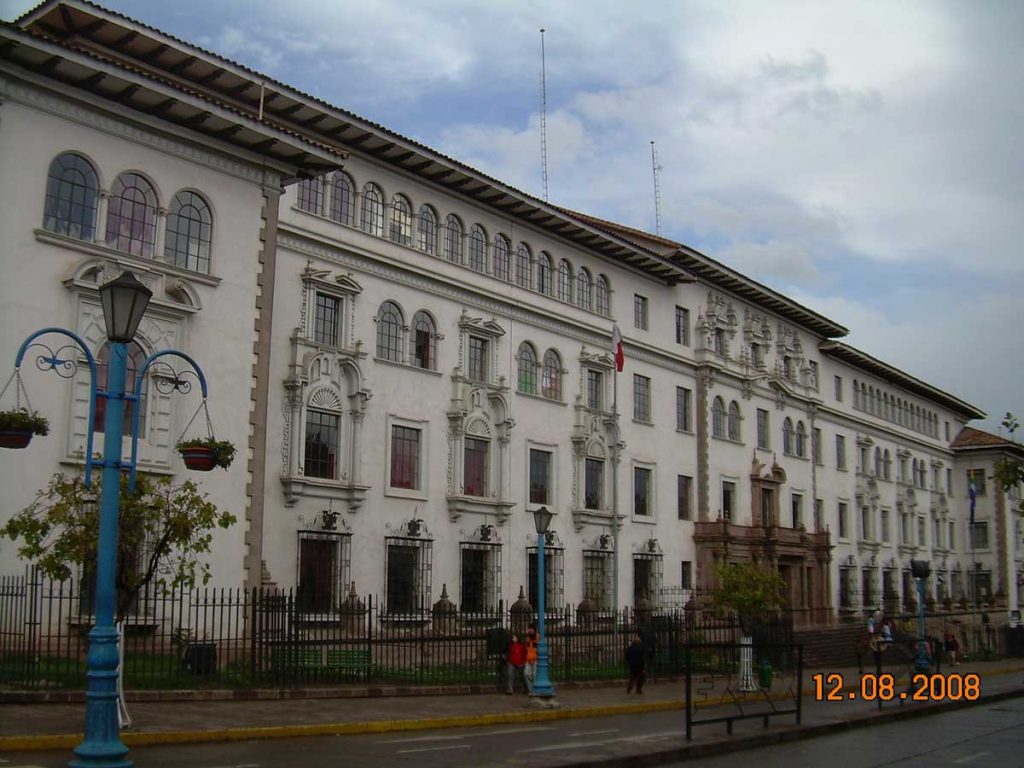
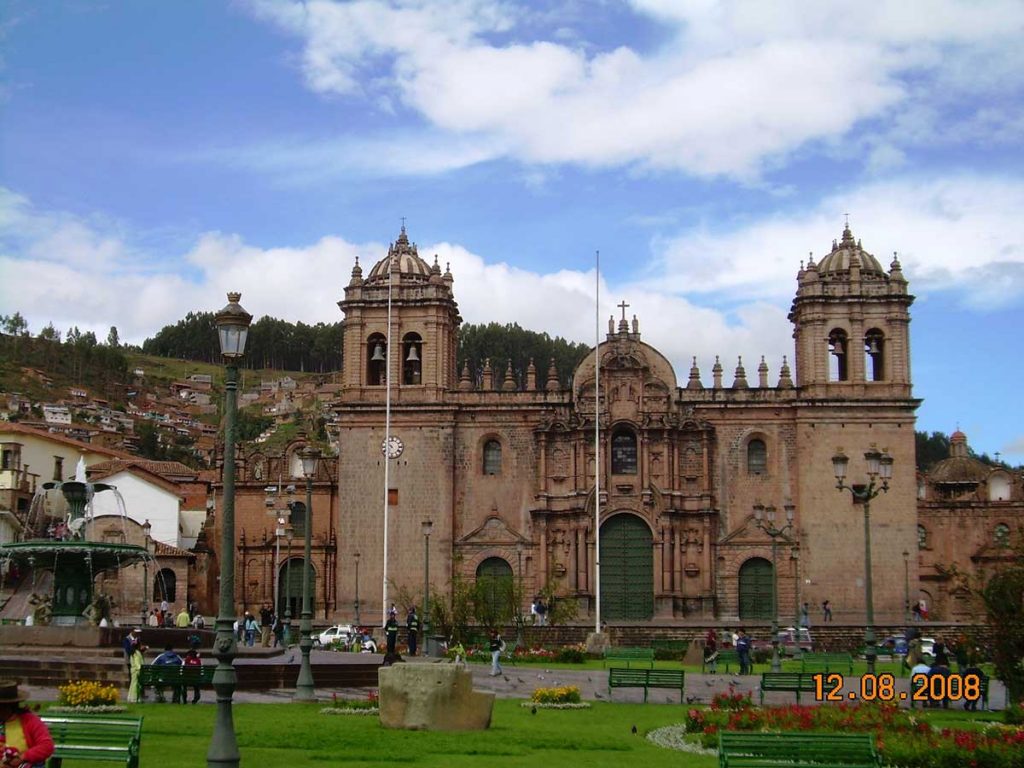


The flight to Cusco was early in the morning, leaving me with the entire day to explore this city. Though not as opulent as Lima, it is certainly charming and worthy of attention. Many hotels in Cusco sell small oxygen canisters for altitude sickness, but despite the city’s considerable altitude (3,399 meters), I experienced no symptoms during my stay.

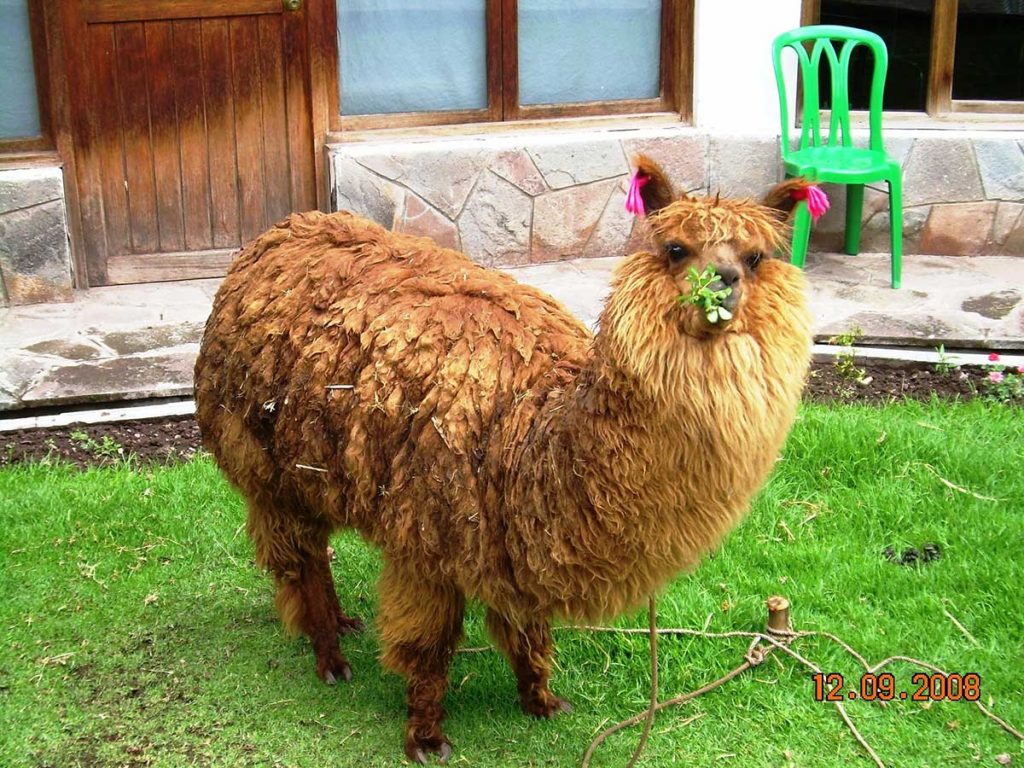
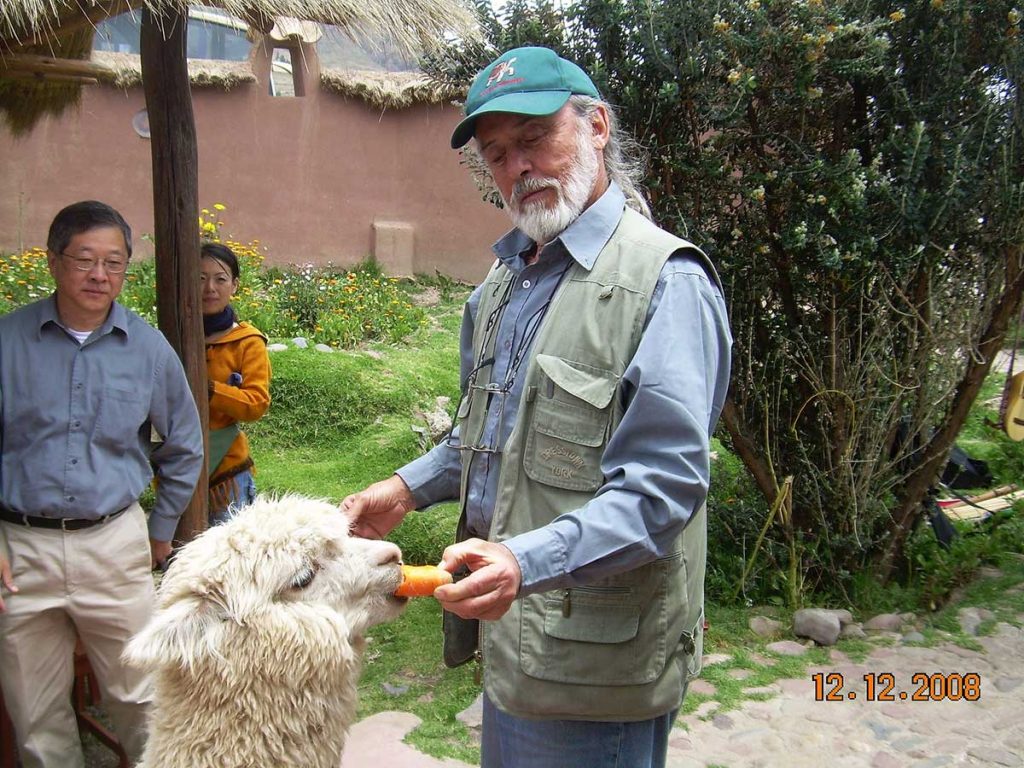
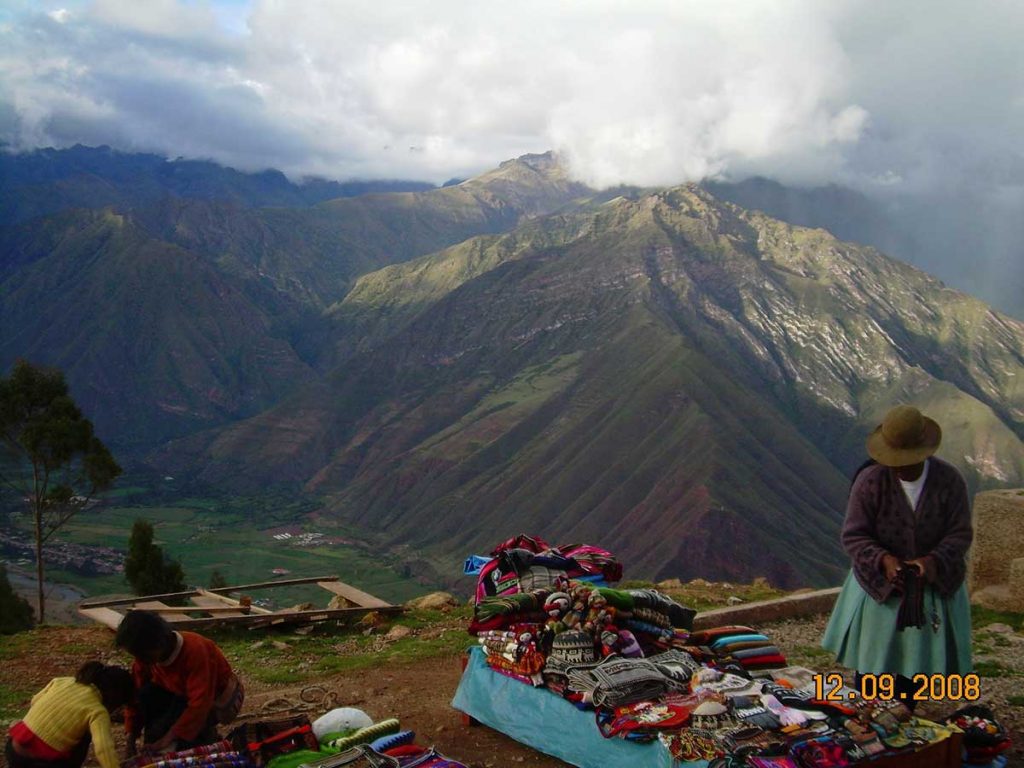
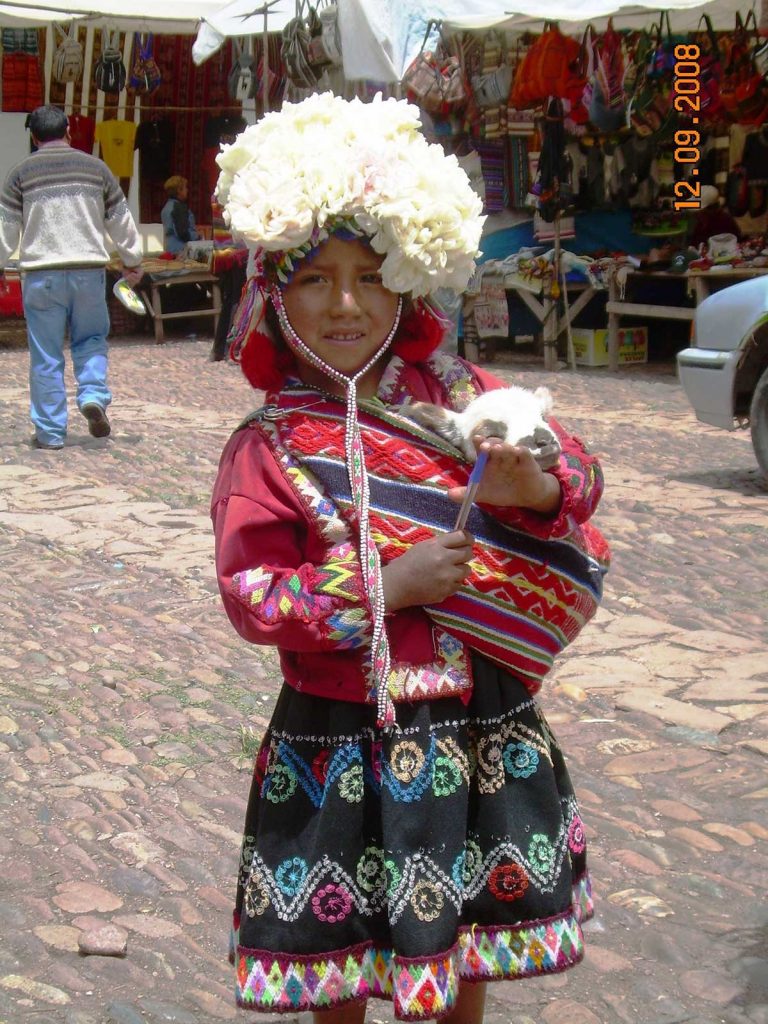
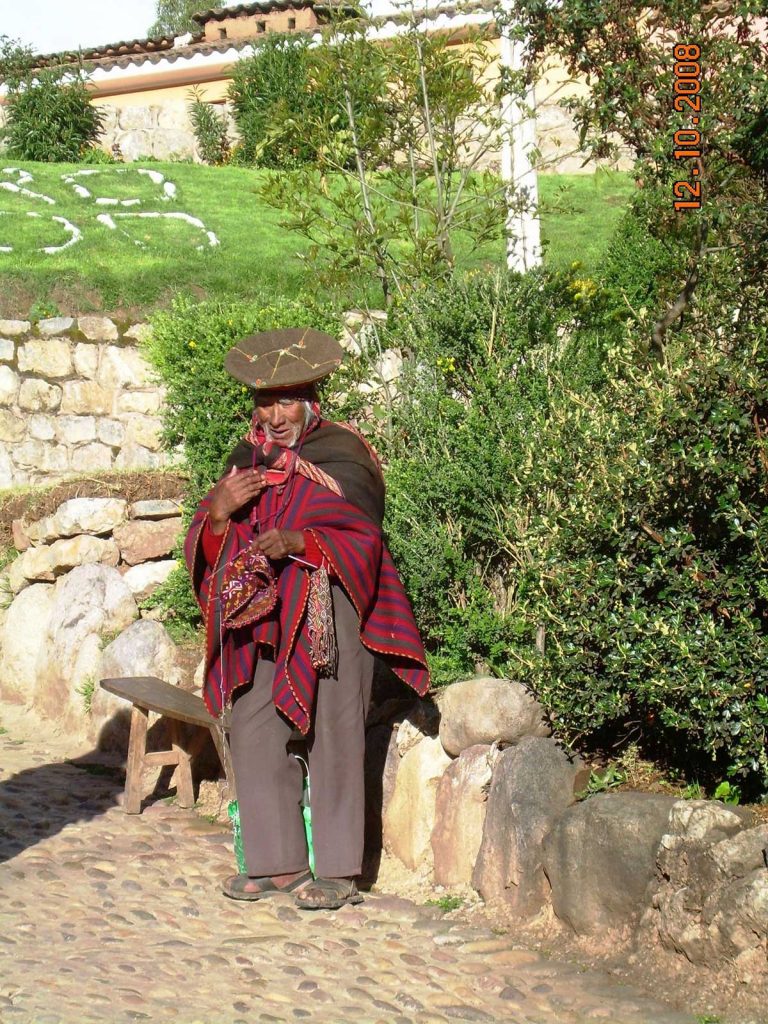
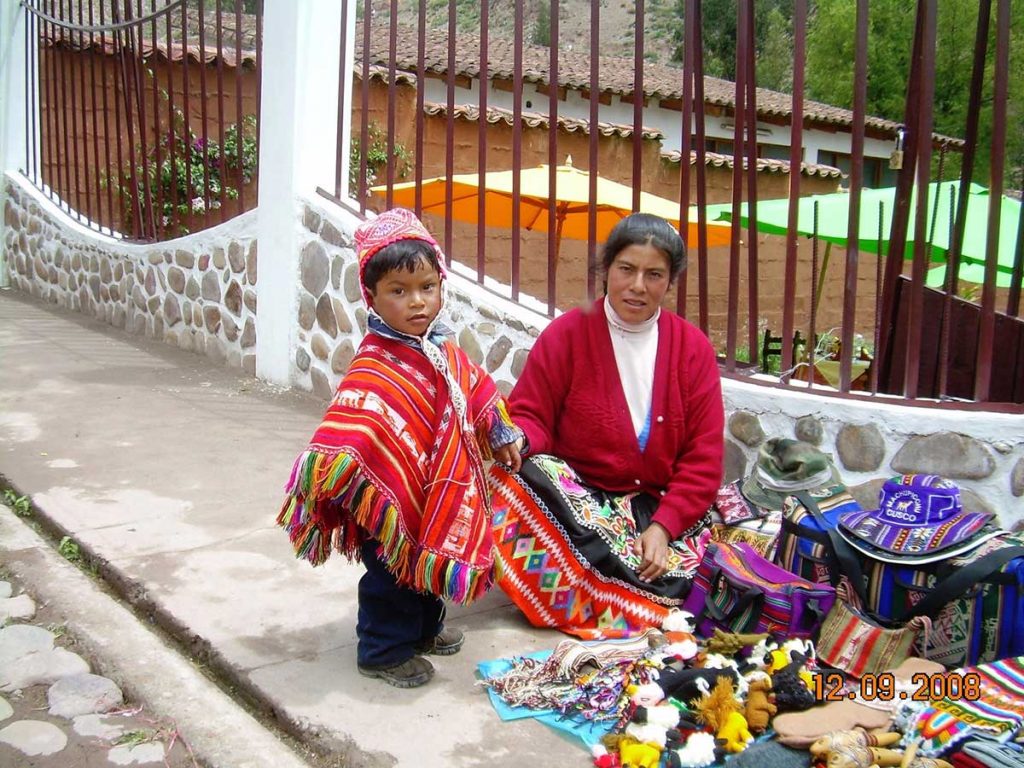
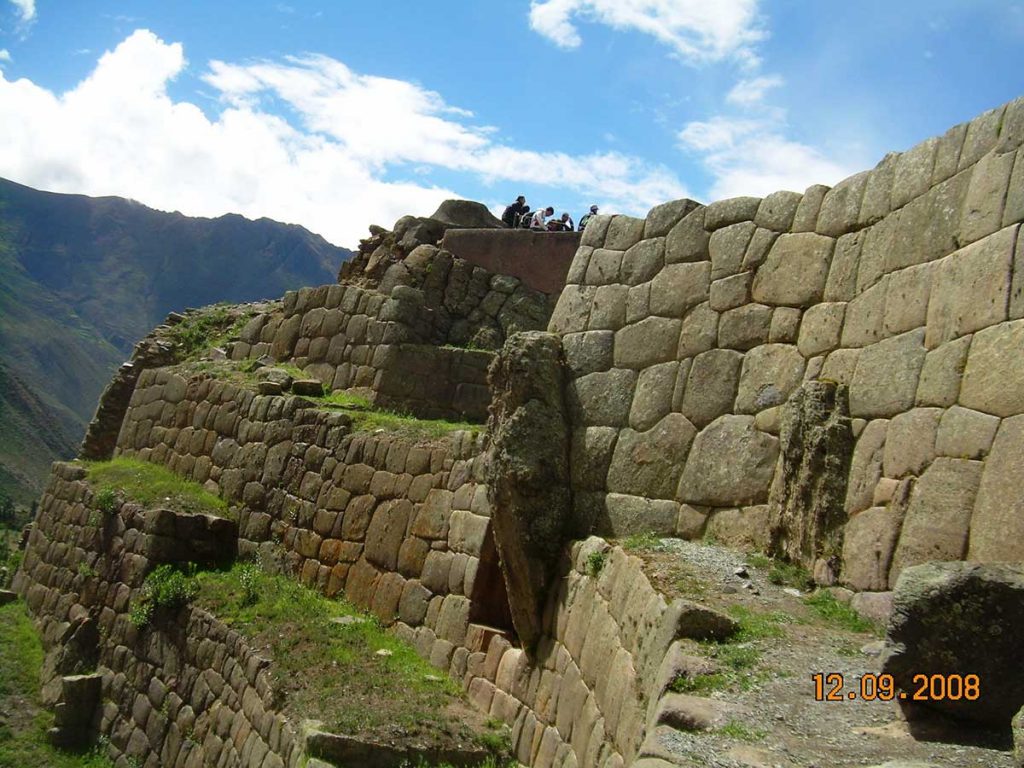
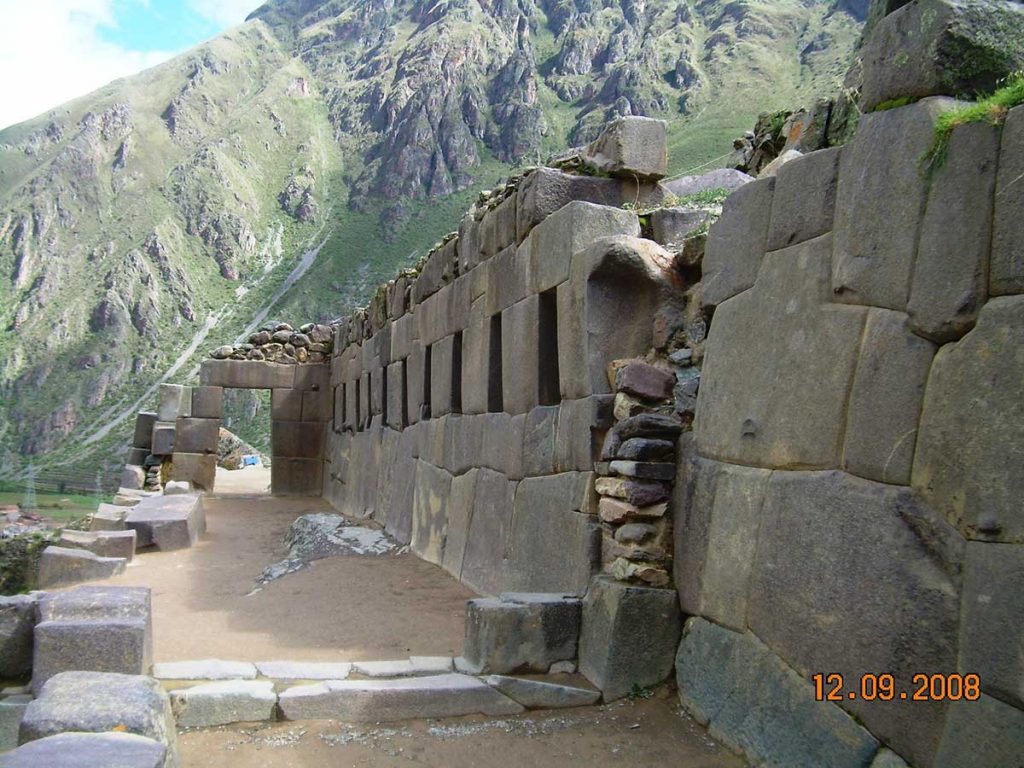
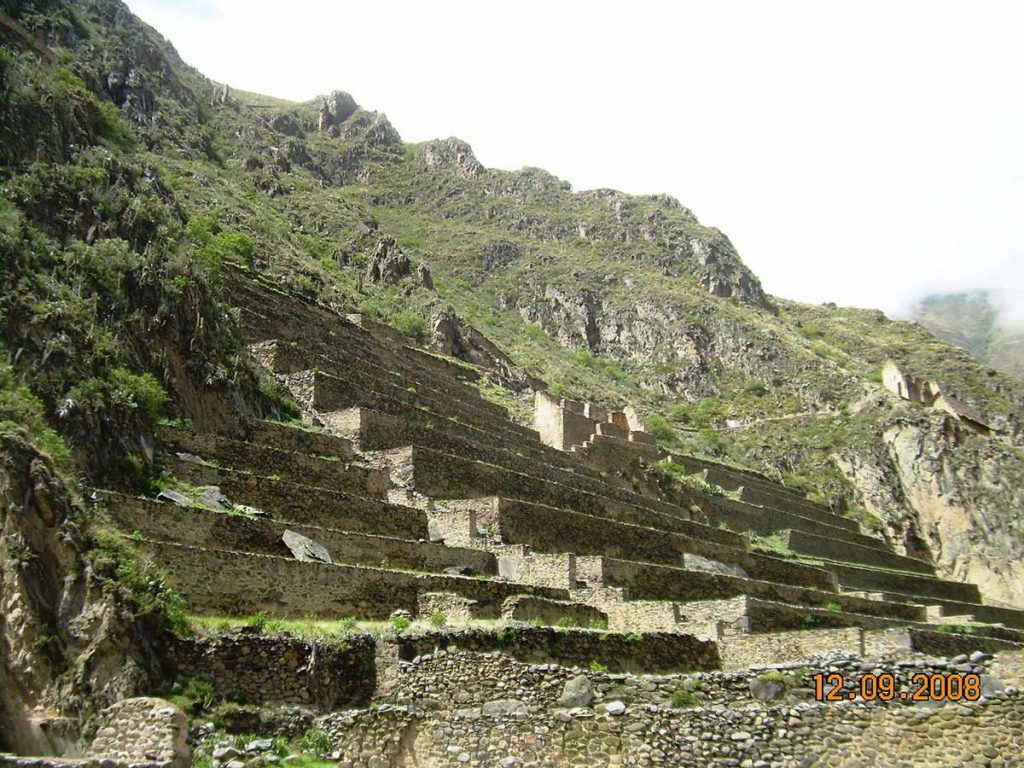
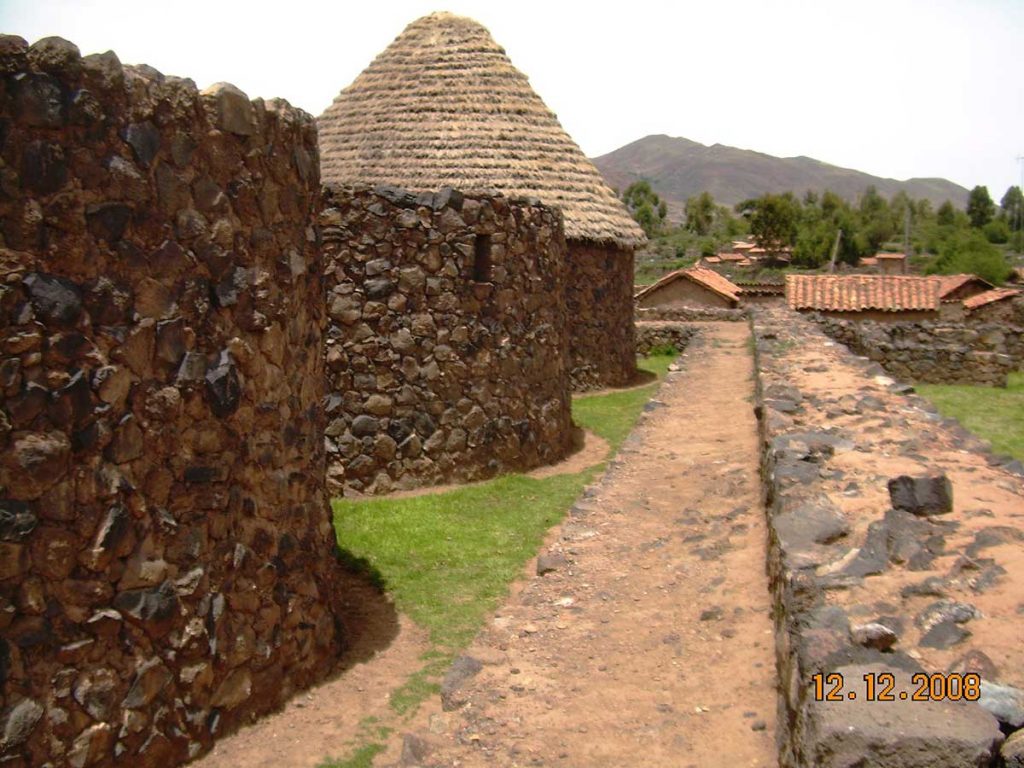
The next day featured an excursion to the Sacred Valley of the Incas (Valle Sagrado de los Incas), mainy to the towns of Pisac and Ollantaytambo. These sites are known for their massive stone staircases, walls constructed from enormous stones fitted without any binding materials, and surrounding mountains with terraces that once served as agricultural fields. The tour included lunch, during which I couldn’t resist a beautifully presented salad—a venture that led to some unfortunate consequences.
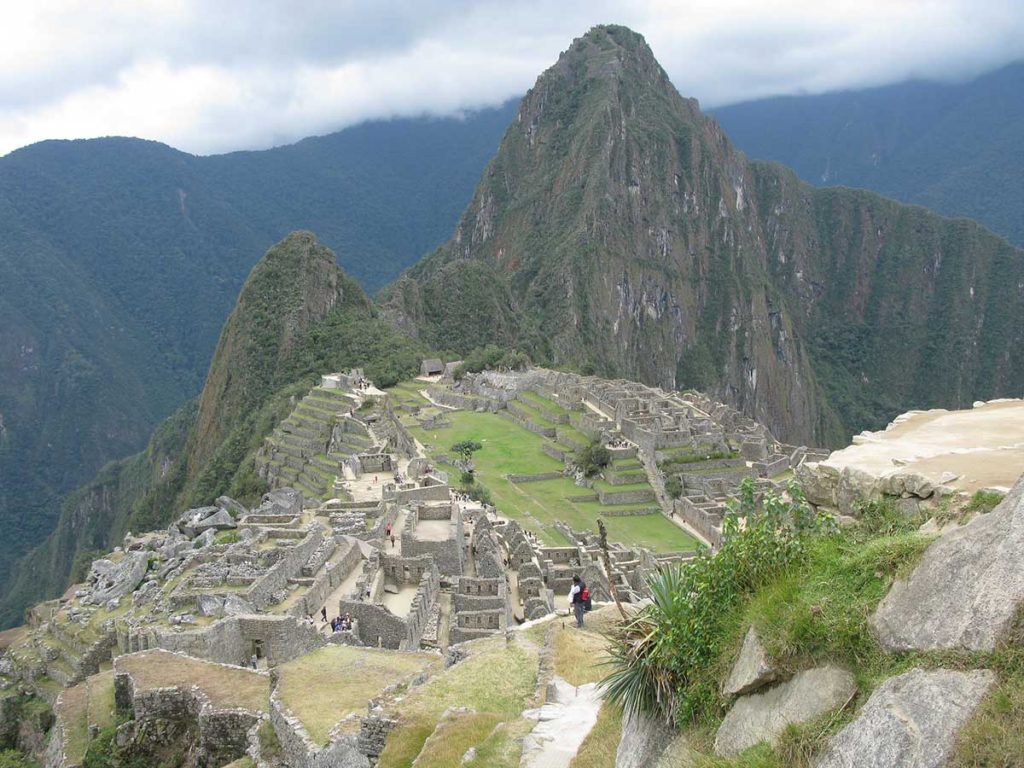
The following day marked the highlight—or one of the highlights—of the trip: a visit to Machu Picchu. The train ascends moving back and forth in a zigzag pattern to cope with the steep slope out of the valley where Cusco lies, and after about 4 hours, it reaches the station in a town named Aguas Calientes. There, visitors purchase bus tickets for a 30-minute ride up to the gates of Machu Picchu. Alternatively, one can travel from Cusco by minivan to Ollantaytambo and then transfer to a train, reducing the journey by about 15 minutes. On the return trip, dozens of minivan drivers gather at the last stop before Cusco, offering a faster ride back to the city compared to the train.

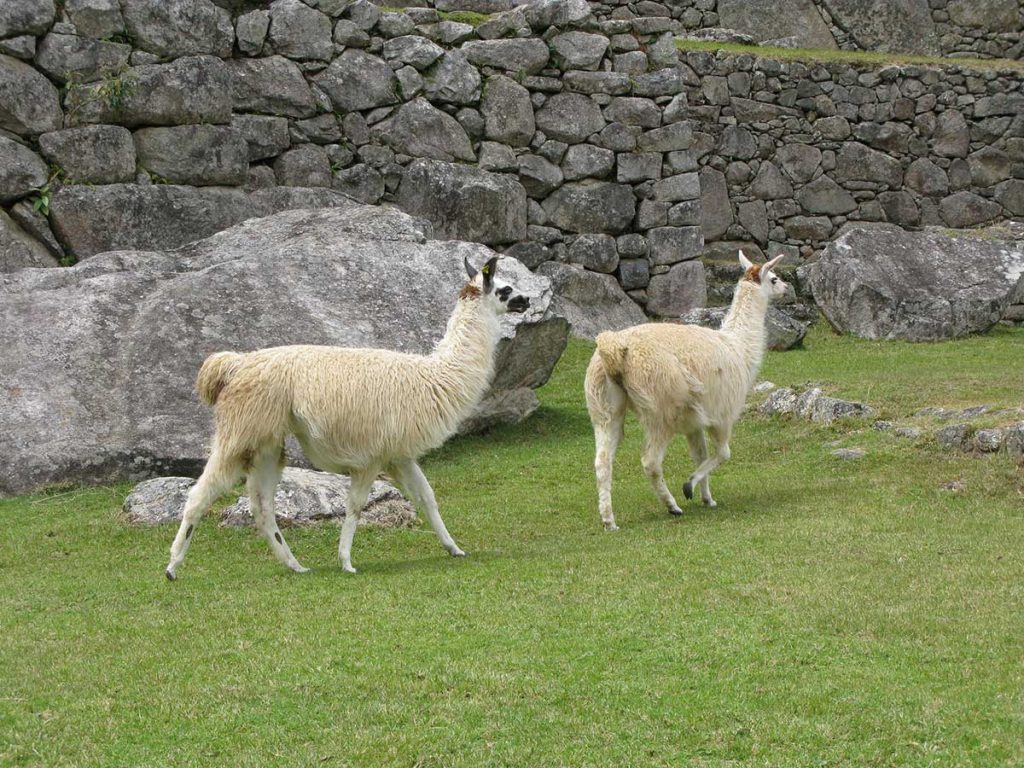
So much has been said about Machu Picchu that I won’t repeat it. There was a thrill from a dream realized, from the extraordinary beauty and uniqueness of this place. I climbed to the platform from where the most famous photos of Machu Picchu are taken—images that quicken the heartbeat of wanderers around the world. Behind me hovered the tall Machu Picchu, the Old Mountain (pronounced “pichu” in Spanish), and in front of me was the iconic cone of Huayna Picchu, the Young Mountain. My soul longed to climb it, whispering, “You can do it!” but my legs replied, “Too late, buddy.” After wandering and marveling to my heart’s content, I descended to the train and, after an anticlimax of long and tedious ride, returned to Cusco.
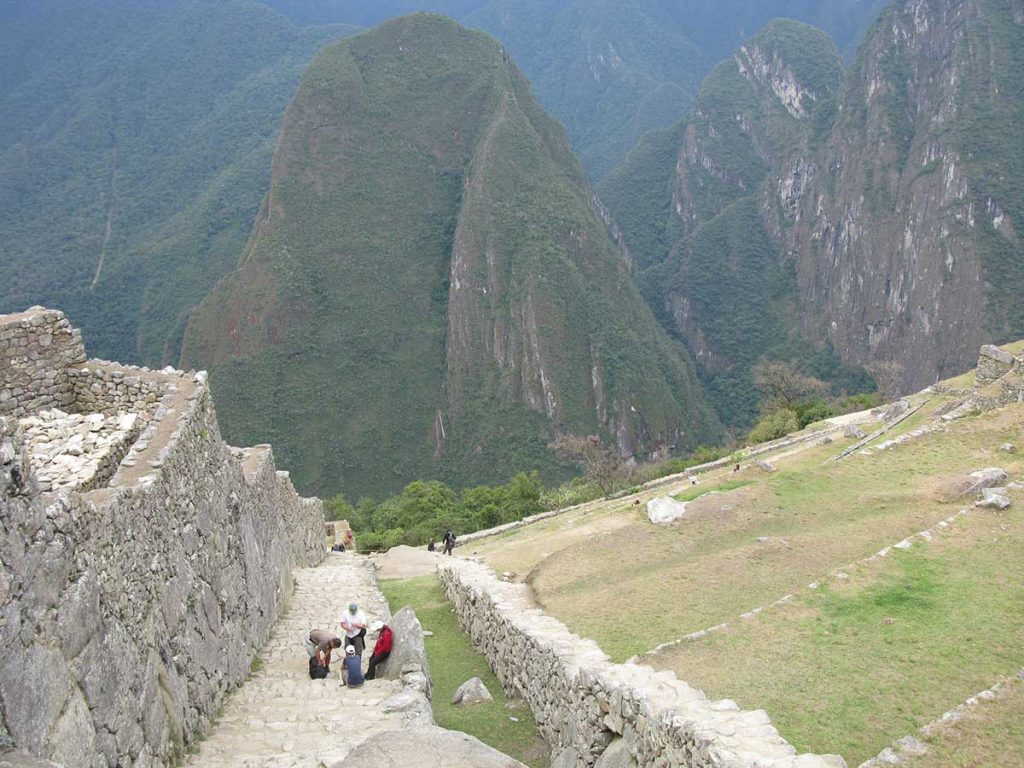
Some tourists, especially younger ones, prefer to come in Aguas Calientes the evening before and, after spending the night there, head to Machu Picchu early in the morning to have more time—even aiming to conquer both peaks. Not to mention the famous 4-day trek from Cusco. Aguas Calientes hosts the largest souvenir market I’ve ever seen—a whole town of it. A friend of two Russian tourists whom I helped to understand their guide, chose to wander through the market instead of going with them to Machu Picchu. Her friends up there also got bored of it eventually and, in gratitude for my help, handed their guide over to me for the time left saying “We’ve paid for his time, you might as well use it”.
The next day, quite conveniently, I had free, and I spent it recovering from the effects of eating that salad: lying down, basking in the sun, and drinking a cup of Peruvian coffee—thick, almost like hot chocolate, and unlike anything else in flavor. Not to my palet.
I forfeited seeing the Nazca Lines. I’d heard that the plane offering aerial views makes sharp turns for better angles, and I don’t do well with such maneuvers. Plus, I didn’t have enough days to spare.

